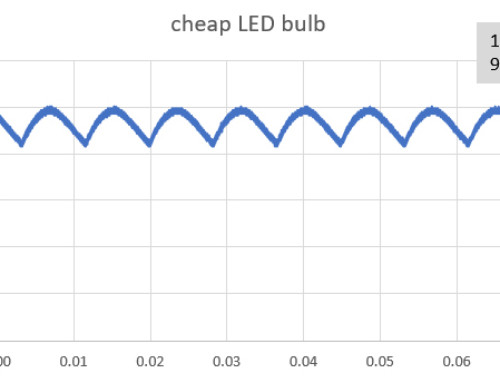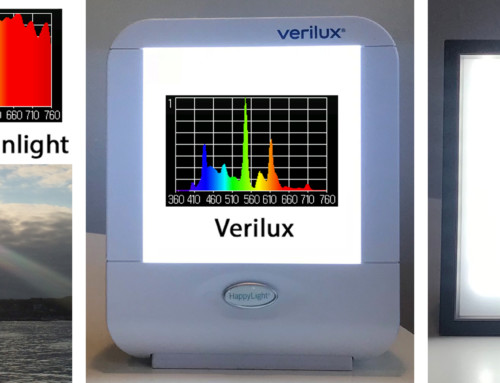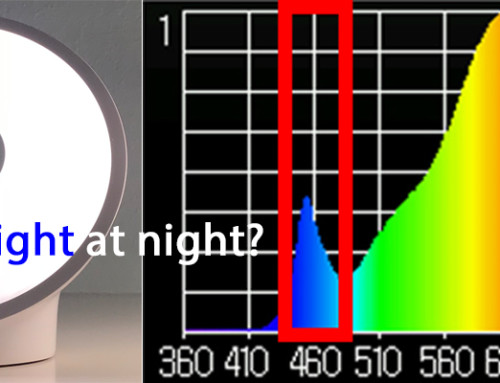The daily cycles of natural light profoundly impact the health, wellness and academic performance of children. Exposure to bright blue light during the day to boosts mood, alertness, concentration and energy levels. Studies show that exposure to natural light improves student test scores, attendance and behavior. Unfortunately artificial lighting in schools and in most indoor environments is optimized only for visual tasks and neglects the biological impacts of light. Exposure to bright light during the day, and darkness at night is also critical for establishing and maintaining healthy sleep cycles. Studies show that sleep plays a critical role in childhood learning and development.

Children depend upon daily light cycles to regulate their circadian rhythms, sleep and hormone cycles. Studies suggest that students now spend >80% of their time indoors, and that most artificial light sources fall well short of providing the biological queues needed to regulate health and wellness. Fluorescent lights, commonly found in schools, provide low cost efficient light but do not provide the the light needed to biologically signal ‘awake and alert’ and support a healthy sleep cycle. Studies show that increasing the amount of natural daylight in a classroom significantly improves student performance. A new class of human centric lighting (HCL) systems can simulate natural light in settings where windows and natural light are not readily available. Studies show that when properly designed and deployed, these human centric lighting systems can provide many of the same benefits of natural light. Schools around the world are now adopting HCL systems designed to optimize both the visual and biological impact of lighting on children.
TIP: make sure children get outside during the day, particularly in the mornings, and avoid/minimize the use of screens close to the eye (laptops, tablets and mobile phones) two hours before bed!
additional reading/resources:
– classroom lighting affects test scores
– natural day lighting improves student performance
– human centric lighting improves student performance
– Korean study on lighting and student performance
– video about Swedish school adopting human centric lighting
– Philips promoting human centric lighting for students






